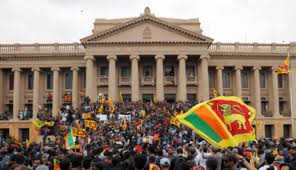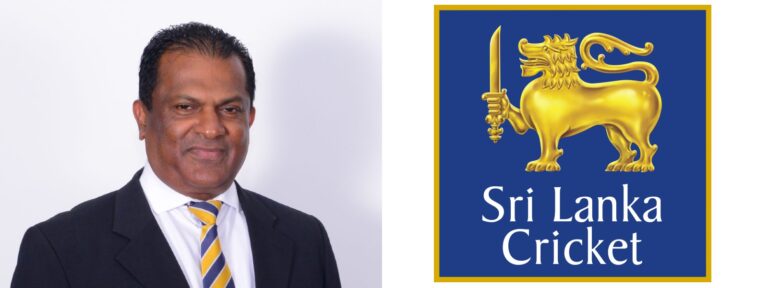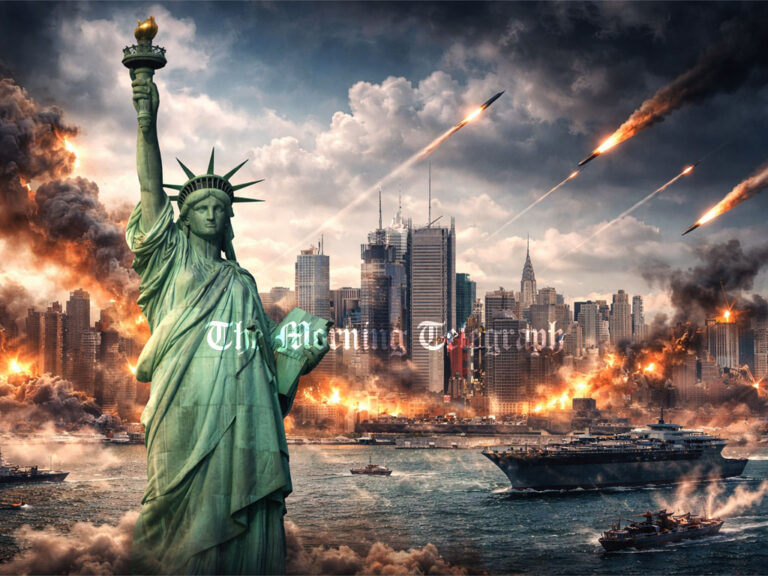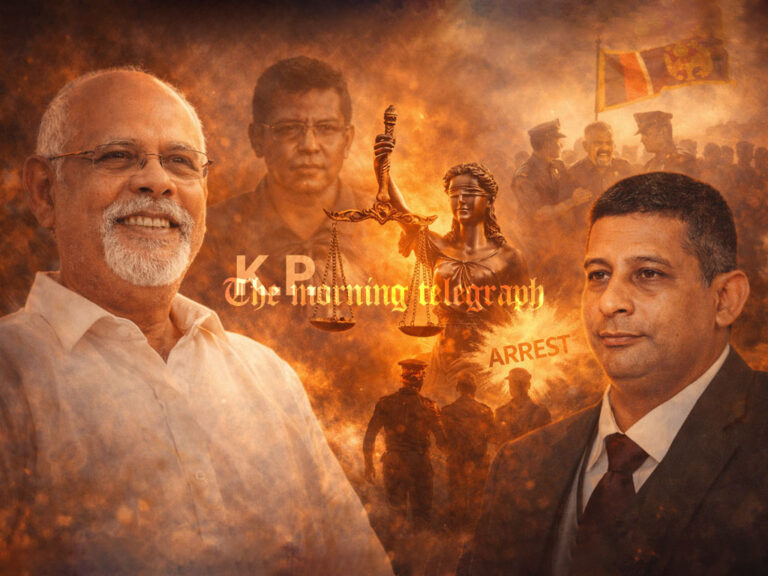
- Pro-active voter turnout at polling booths reported
Sri Lanka is holding its first presidential election since the mass protests of 2022 that led to the ousting of President Gotabaya Rajapaksa, triggered by the nation’s worst economic crisis. Voters are now tasked with electing a leader who can steer the country towards economic recovery. Saturday’s election is widely viewed as a referendum on the economic reforms implemented to stabilize the country, though many Sri Lankans are still grappling with tax hikes, cuts to subsidies, and rising living costs.
Economic issues are expected to dominate voters’ minds, with analysts predicting a close race. This election marks a critical moment for shaping Sri Lanka’s path to economic recovery and restoring both domestic and international confidence in its governance.
Ranil Wickremesinghe, who took over after Rajapaksa’s resignation, is seeking another term, having led efforts to stabilize the economy. Despite lowering inflation and strengthening the currency, many citizens remain frustrated with ongoing austerity measures. Wickremesinghe has also been criticized for quelling the protest movement and allegedly shielding the Rajapaksa family from accountability, accusations he denies.
Among Wickremesinghe’s strongest challengers is Anura Kumara Dissanayake, a leftist politician running on an anti-corruption platform. Opposition leader Sajith Premadasa and Namal Rajapaksa, the nephew of the ousted president, are also prominent candidates in what has become one of Sri Lanka’s most crowded elections, with over three dozen candidates.
The election comes against the backdrop of the “Aragalaya” uprising, which was driven by economic hardship as years of financial mismanagement, compounded by the COVID-19 pandemic, depleted Sri Lanka’s foreign exchange reserves. Public debt soared to over $83 billion, and inflation peaked at 70%, severely impacting access to basic necessities.
While some economic stability has been achieved, ordinary Sri Lankans still struggle to find jobs and deal with the fallout from the crisis. Small businesses have been particularly hard-hit, with many factories closing or operating below capacity due to high material costs.
The election process in Sri Lanka allows voters to rank up to three candidates, and if no one wins an outright majority, a second round of counting takes place. For the first time in the country’s history, analysts suggest that the results may lead to a second round. Polls close on Saturday evening, with results expected by Sunday morning.




